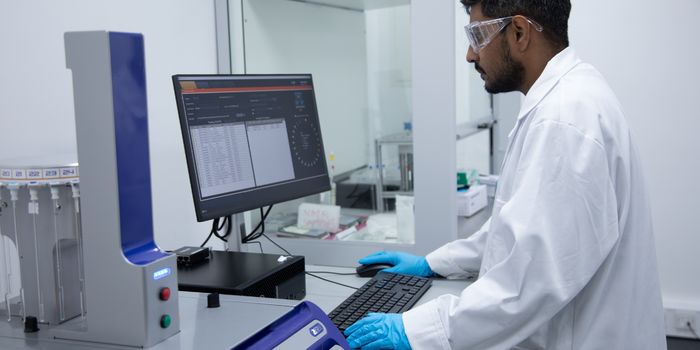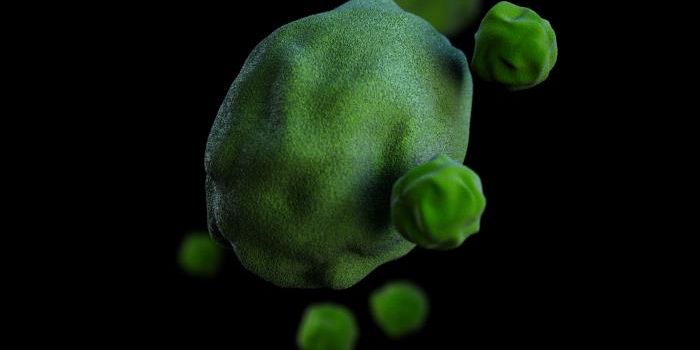What Are the Neurological and Neuropsychiatric Symptoms of Long COVID?
As if dealing with a symptomatic COVID-19 infection wasn't bad enough, those with long COVID are dealing with changes to their thoughts and mood months after infection. In a systematic review published in the Journal of the Neurological Sciences, researchers further examined neurological and neuropsychiatric symptoms frequently associated with long COVID.
The study pulled data from more than 11,000 patients across 19 studies with symptoms for at least three months after COVID-19 infection. These studies included in the review were published between January 2020 and August 2021. Each had cohort sizes greater than 50 patients, had reported the prevalence of neurological or neuropsychiatric symptoms in COVID-confirmed patients, and had reported the hospitalization status of all COVID patients during acute infection.
Researchers in this study also investigated how neurological/neuropsychiatric symptoms of long COVID may be different in hospitalized versus non-hospitalized patients. Even further, researchers investigated differences in symptoms based on whether or not hospitalized patients required admission to the ICU.
Neurological symptoms reported in the review included fatigue, brain fog, memory issues, attention disorder, myalgia (muscle pain), anosmia (loss of smell), dysgeusia (impaired taste), and headache. Neuropsychiatric symptoms included sleep disturbances, anxiety, and depression.
Fatigue and brain fog were among the most common neurological symptoms, sleep disturbances followed by anxiety among the most common neuropsychiatric conditions.
Symptoms more common in the acute phase of infection, headache and altered sense of smell and taste, were not found to be major symptoms of long COVID in this analysis, suggesting they generally resolve.
The investigators found some trends among data in long COVID patients.
1) Patients reported more neurological/neuropsychiatric symptoms with longer follow-up. This suggests that some symptoms may develop for the first time months after infection, rather than persist from initial infection. This was the case especially for symptoms of anxiety, depression, brain fog, fatigue, and insomnia.
2) Compared to non-hospitalized patients, those hospitalized were more likely to report memory issues as symptoms. Apart from this symptom, however, hospitalization was not associated with an increased frequency of other neurological symptoms. The researchers noted that this finding of more memory issues in hospitalized patients may be related more to their age than to their hospitalization status.
3) Patients who required ICU were more likely to have fatigue, anxiety, depression and sleep disturbances, mostly neuropsychiatric conditions, as their long COVID symptoms. The authors noted that these symptoms also overlap with post-ICU syndrome, which may have led to an overestimate of COVID-associated neuropsychiatric symptoms in these ICU patients.
Overall, the study's researchers defined fatigue, cognitive dysfunction and sleep disturbances as key features of long COVID. They recommended further investigation using randomized controlled trials for developing interventions. They also recommended further studies to see if disease severity scales, like the WHO disease severity score, can predict who will develop long COVID.
Sources: J Neurol Sci








